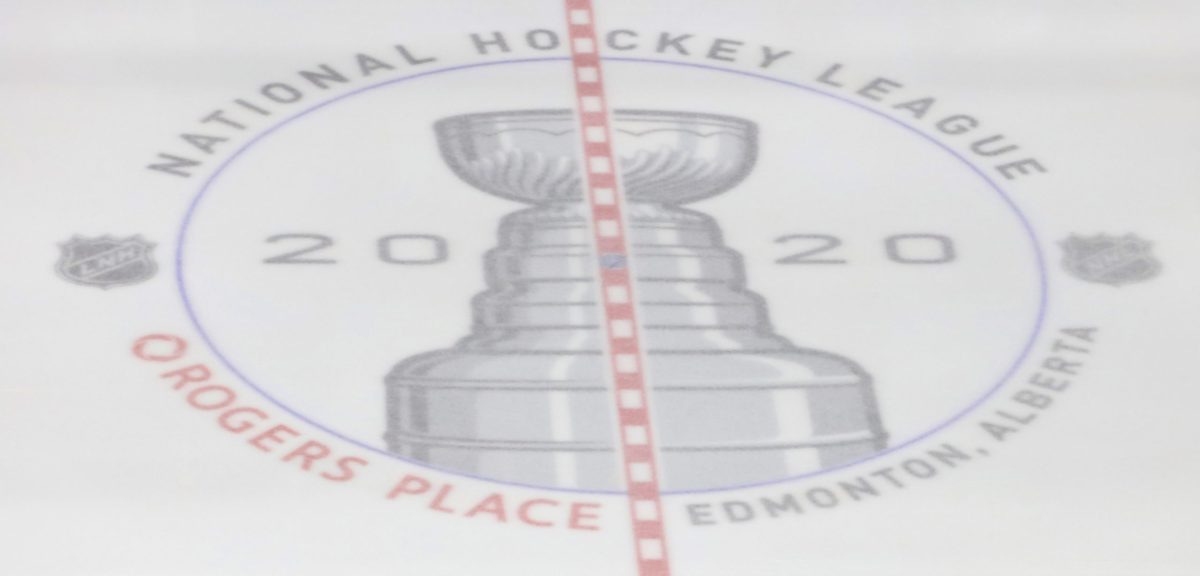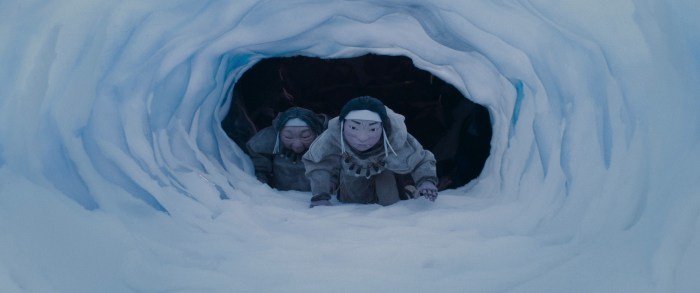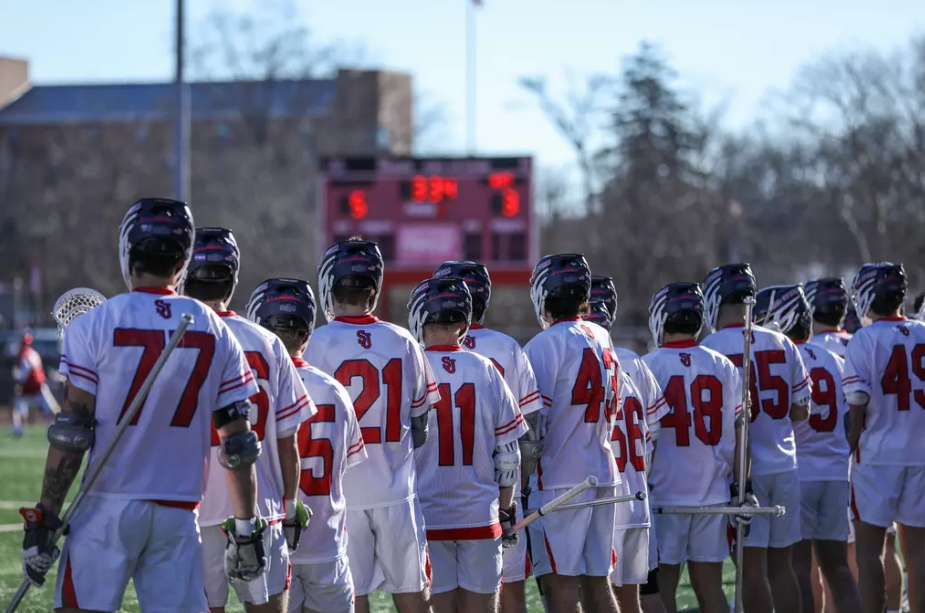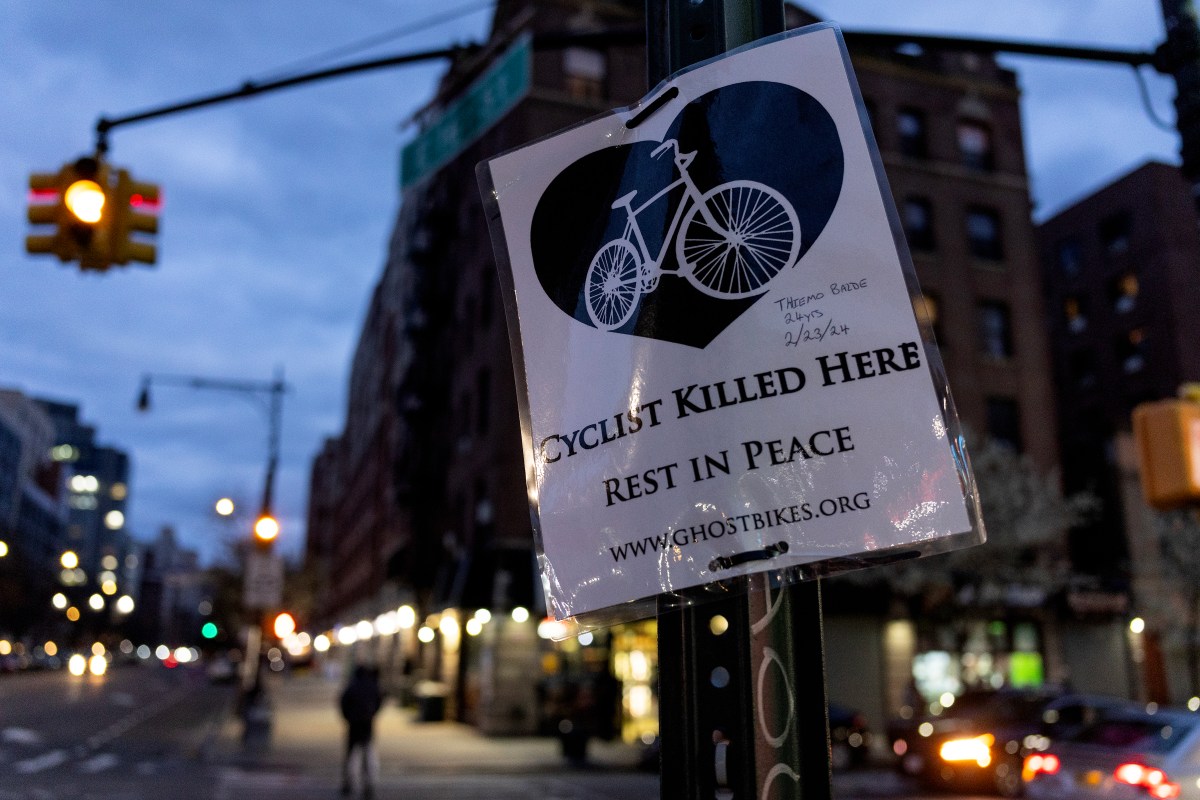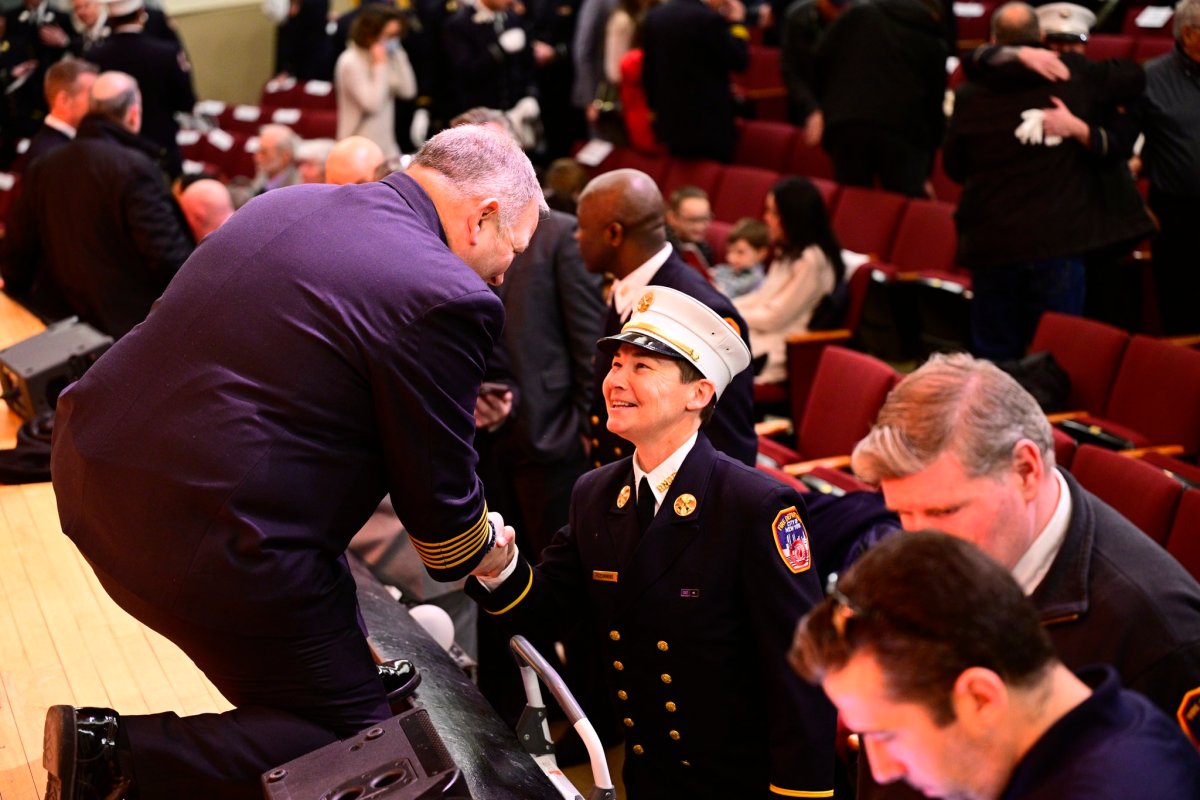It’s far too early for the NHL to decipher its logistics for the 2020-21 season, which under normal circumstances, would have already dropped the puck on its schedule of play.
Normal, however, is a rarity in these times as the NHL just wrapped up its 2019-20 season in late-September with the Tampa Bay Lightning hoisting the Stanley Cup from within the Edmonton bubble — more than three months after hockey’s holy grail is usually awarded.
Still, it was a fine way to finish off a season that had a three-plus-month-long break due to the COVID-19 pandemic, which will continue to affect how the league schedules and carries out its 2020-21 campaign.
Vegas Golden Knights owner Bill Foley (h/t David Pagnotta) admitted that there are a multitude of options on the table right now for the next NHL season when it comes to virtually every aspect, including locations, scheduling, and attendance availability.
Speaking with Las Vegas radio host Brian Blessing, Foley hinted that a 60-game season has been discussed with a February 1 start date rather than an originally-reported New Year’s Day commencement.
The Jan. 1 start was originally broadcasted as the NHL’s initial hope from commissioner Gary Bettman, who also made known his desire of an 82-game season.
Regardless of the start date, if an 82-game season is to be played, the scheduling would include a bevy of back-to-back games — a rarity in hockey — to ensure the full slate is fit.
With an expected heavy schedule, the NHL would have a more geographically-stressed plan for its teams, similar to what Major League Baseball did during its truncated 60-game season this summer.
That could include a completely Canadian division with the country’s seven teams exclusively playing against each other should their borders remain closed amidst the pandemic.
By that formula hypothetical divisional distributions could look as follows:
Canadian Division
- Toronto Maple Leafs
- Montreal Canadiens
- Winnipeg Jets
- Edmonton Oilers
- Calgary Flames
- Vancouver Canucks
- Ottawa Senators
Northeast Division
- Boston Bruins
- New York Islanders
- New York Rangers
- New Jersey Devils
- Philadelphia Flyers
- Washington Capitals
Central Division
- Buffalo Sabres
- Detroit Red Wings
- Pittsburgh Penguins
- Columbus Blue Jackets
- Minnesota Wild
Southern Division
- St. Louis Blues
- Nashville Predators
- Carolina Hurricanes
- Tampa Bay Lightning
- Florida Panthers
- Dallas Stars
Western Division
- Colorado Avalanche
- Arizona Coyotes
- Vegas Golden Knights
- Los Angeles Kings
- Anaheim Ducks
- San Jose Sharks
As for fans in the stands, Pagnotta noted that there could be “a gradual capacity increase as the season progresses.” Meaning full buildings could be a possibility by the time the season runs its course.
NHL arenas are booked through the end of July, roughly a month later than when normal seasons end.



